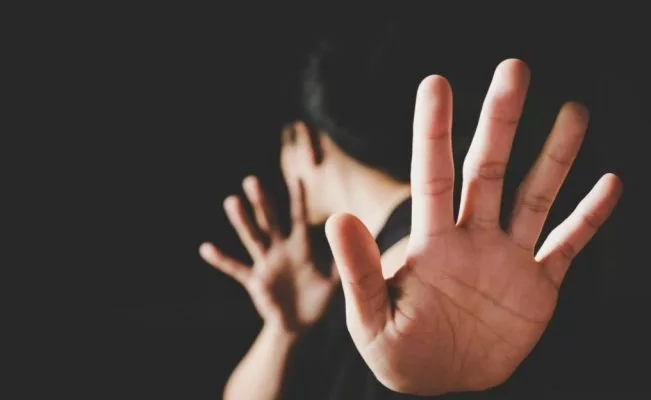Recently, the chairman of the Independent Corrupt Practices and other Related Offences Commission (ICPC), Dr Musa Adamu Aliyu, raised the alarm over the spate of sexual harassment in Nigeria’s primary and secondary schools.
This is a confirmation of an earlier report by the anti-graft agency that between 2012 and 2022, there were 17 cases of sexual harassment in secondary schools. The report also claimed that paedophilia is becoming pervasive in the society.
In a survey conducted in 2018 by the World Bank, 70 per cent of graduates from Nigerian tertiary institutions are said to have been sexually abused, with the main culprits being lecturers. In August 2023, a lecturer at the University of Calabar (UNICAL), Dr Cyril Ndifon, was suspended by the institution following a protest by his students, alleging that he had subjected them to various forms of sexual harassment. He had been suspended for similar reasons in 2015 after a final-year student accused him of raping her in his office. Ndifon is currently on trial before a Federal High Court in Abuja.
On July 7, 2020, the upper chamber of the National Assembly, the Senate, passed the Anti-Sexual Harassment Bill into law. It was eventually passed by the House of Representatives in 2022. By 2023, both chambers of the National Assembly jointly passed the bill. The law seeks to promote and protect girls against sexual harassment in tertiary institutions.
Unfortunately, despite efforts by the Nigerian government to tackle this menace through implementing various policies and legislations, the unwholesome act persists. Sexual harassment, hitherto known to be more prevalent in higher institutions of learning, has now become a nagging issue in primary and secondary schools. Sadly, the girls find themselves at the mercy of both the teachers and their fellow pupils.
A United States of America’s findings in 2021 revealed a disturbing trend of sexual harassment across secondary schools in Nigeria. The report called for urgent measures to address the menace before it gets out of control.
Indecent dressing among female students has been blamed as a major factor driving sexual harassment in tertiary institutions. Sex for grade is another factor in tertiary institutions where male lecturers take undue advantage of their female students.
In the opinion of this newspaper, sexual harassment will continue to be a problem in Nigerian schools if the mode of dressing of girls is given as an excuse for the illicit act. Blaming the victim will cause the perpetrators to evade justice. What can we say about primary and secondary school children fully clad in their school uniforms? Do they also dress provocatively?
The culture of letting offenders go scot-free without stiff penalty or punishment has continued to embolden perpetrators of this unacceptable act against the female gender.
We recall that the federal government, in 2019, launched its first National Sex Offender Register to name and shame perpetrators of this unwholesome act across the country. One state that has been in the forefront of naming and shaming sexual offenders is Lagos.
Only 10 out of 36 states, including the FCT, have adopted the law, while the remaining states are still struggling to implement it. The states are Lagos, Ekiti, Akwa Ibom, Ogun, Edo, Kaduna, Abia, Adamawa, Bauchi, Bayelsa. Only four states—Lagos, Ekiti, Akwa-Ibom, and Edo—have so far published full details of the offenders. Sadly, these registers are not updated regularly, thereby defeating the aim for which it was implemented in the first place.
The lack of stringent laws to prosecute offenders is apparently the reason why perpetrators of this evil act have taken it a notch higher by sexually harassing innocent primary and secondary school students. In 2021 and 2022, two prominent private secondary schools in Abuja and Lagos, respectively, made headlines when parents called out the school authorities over allegations of rape by teachers of the school.
Despite overwhelming evidence against the authorities, the schools involved refuted the allegations. According to a recent report, sexual harassment is forcing many Nigerian girls out of secondary schools, contributing to the already alarming figure of out-of-school children, especially among girls.
This newspaper thinks that if the government is serious about combating this shameful act, it must compel other states to domesticate the law and follow the lead of Lagos, Edo and Ekiti, which are notable for naming and shaming sex offenders to properly document the culprits.
We also believe urgent steps must be taken to curb this problem. Everyone has a role to play in addressing sexual harassment of young children in schools. Systems should be created that allow students to report incidents anonymously.
Perpetrators, no matter how highly placed, must be brought to justice. Serious situations such as sexual harassment are often ignored and sometimes treated as a joke. This is unacceptable!





